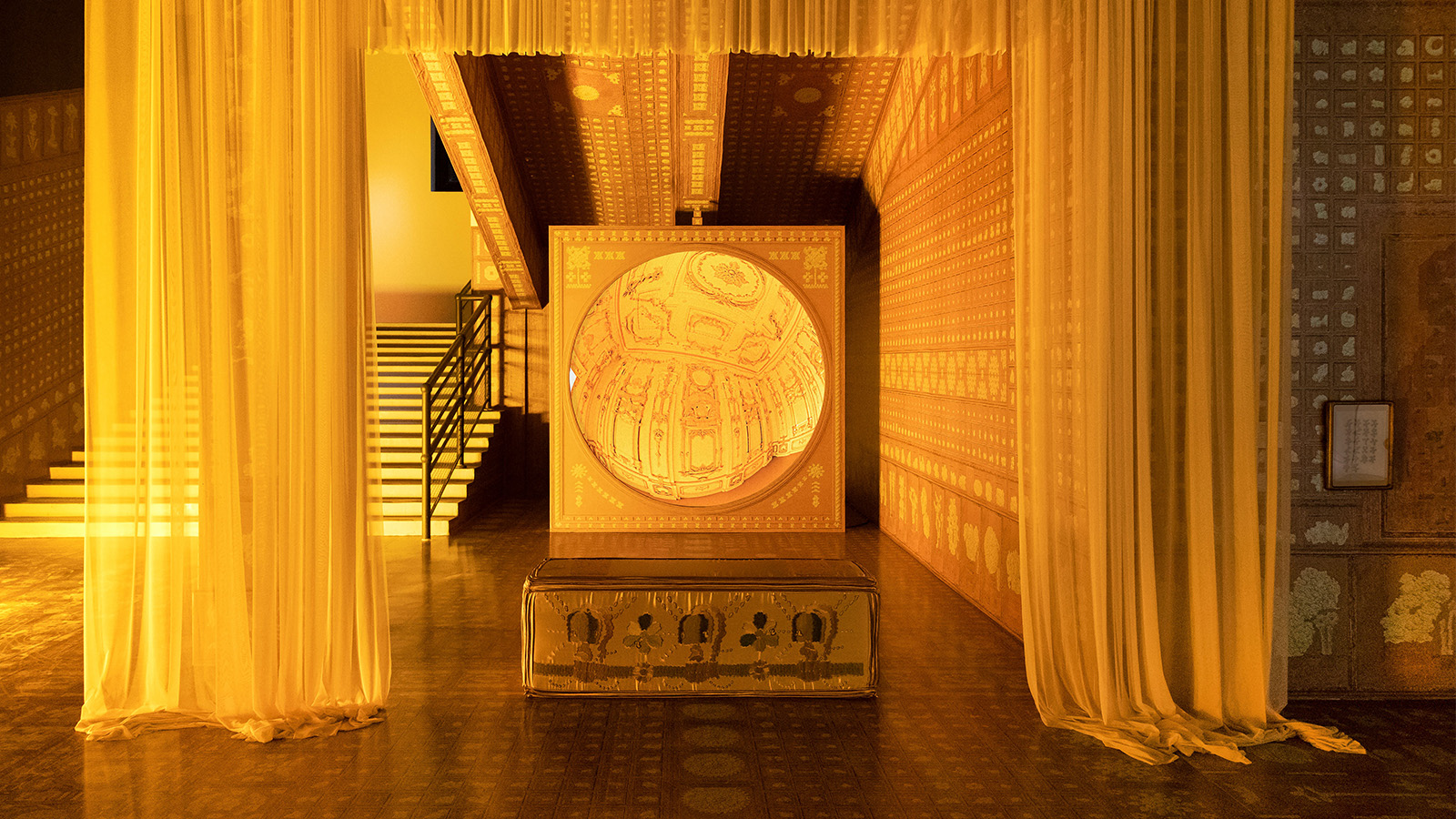
Neuroaesthetics – the study of how visual arts, music and dance affect the human brain and cognition – may be a relatively new scientific field, but its outsized influence is already making waves with a new generation of creatives.
Exhibit A is the Chinese artist Duyi Han. A 2019 Cornell architecture graduate and alumnus of Herzog & de Mueron’s Basel HQ, he’s had a busy 2024, having collaborated with Dior on a mesmeric iteration of the iconic Lady Dior bag, and staging group exhibitions with Vienna’s 74tharts. And if you need more proof of his credentials, one of his pieces – Oxytocin cabinet – is already in the permanent collection of the San Francisco Museum of Modern Art.
Ahead of the debut of his new work ‘Duyi Han: Visions of Bloom’ – an immersive reimagination of a secret Chinese garden through a psychedelic video and furniture installations, commissioned by the Shanghai-based non-profit art institution Cheruby – we talked to Han about the neuroaesthetic quality that is the foundation of his work.
Duyi Han speaks with Wallpaper* of neuroaesthetics and his Shanghai exhibition
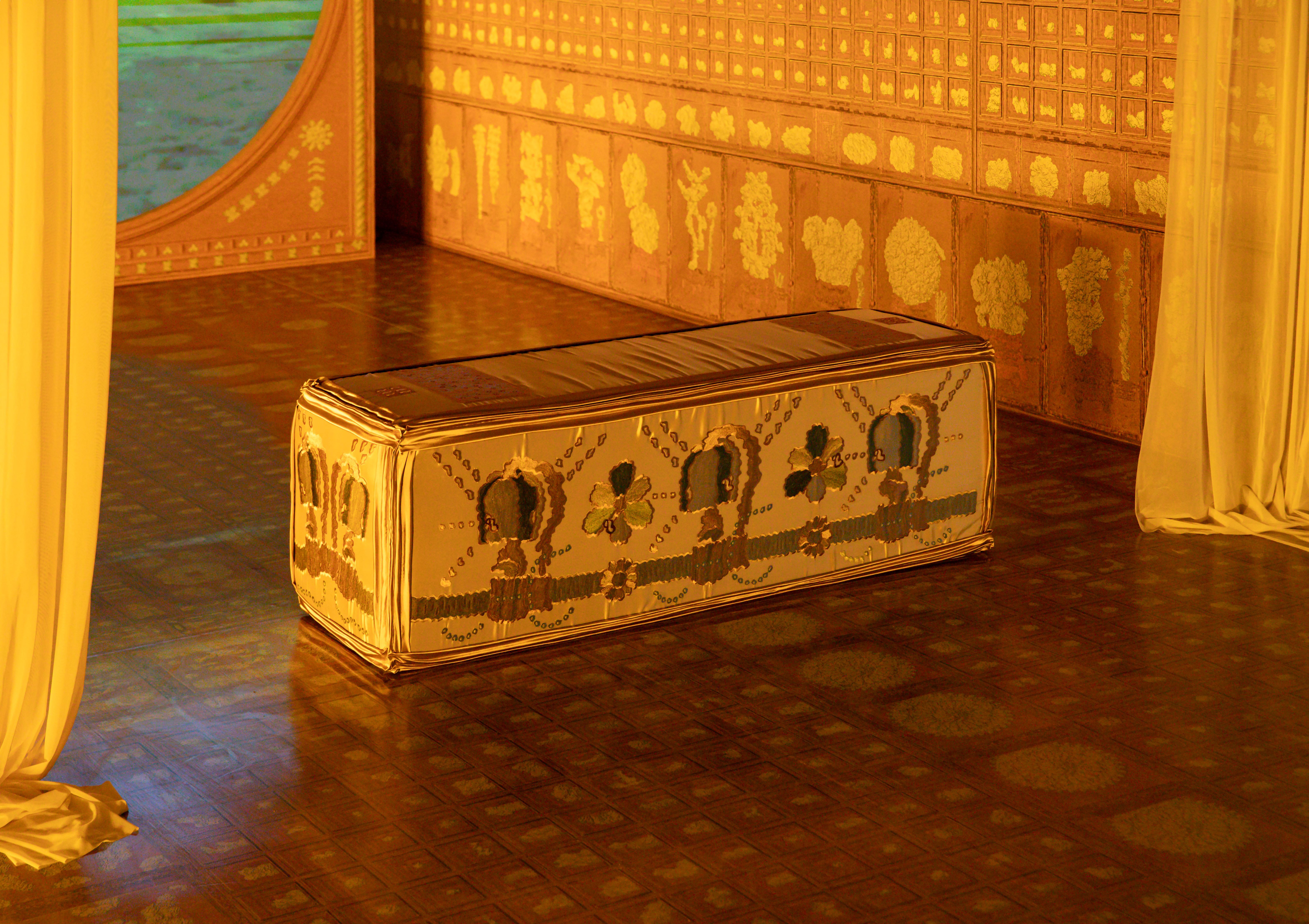
Wallpaper*: Could we begin by explaining how neuroaesthetics underpins your work?
Duyi Han: Neuroaesthetics studies how visual art and visual input influence the brain’s emotional and cognitive responses. In each one of my major projects, there is a central theme based on the dimension of emotions. I want to project some certain kind of emotional state or states, and also evoke emotions in the audience. In other words, I aim to create a total aesthetic experience that has emotional functions. The emotions and feelings I address are usually ones that really matter to us as human beings and that are, often, what I also experience personally. The theme of mental health and wellness is obviously something I feel I have to explore.
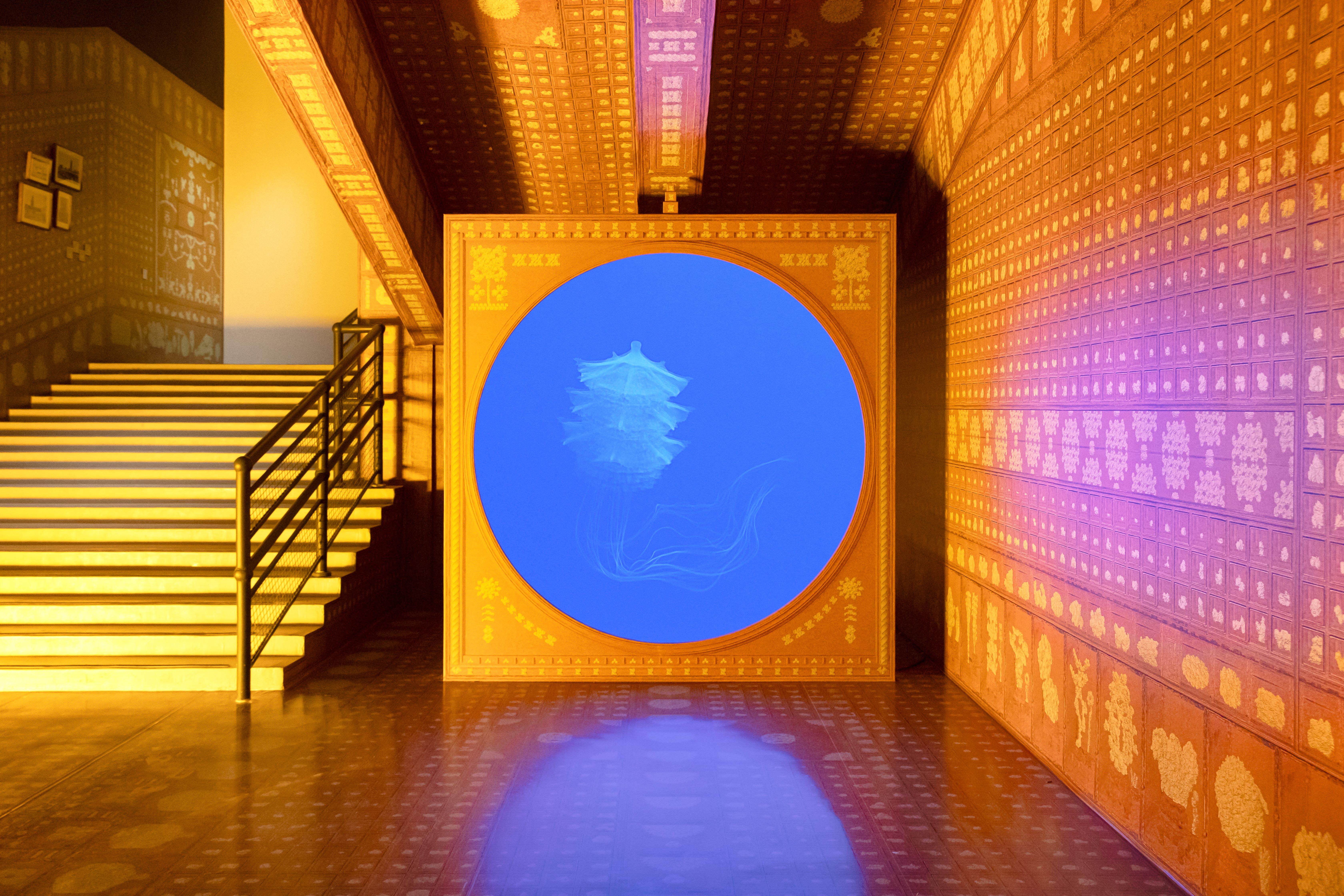
W*: How does your work connect interior design and art with emotions?
DH: My work connects with people emotionally on intricate levels. But what I do is more than just designing something in a soothing colour so that people feel relaxed and well. I do extensive research into how we experience visual art, and experience places such as Unesco sites, or cultural moments that one might be already familiar with, such as music. I carefully curate the visual content in the interior, often mixing and remixing a lot of obvious and latent references which then become cognitive and emotional stimulations that help activate the experience of the visit. I think of my installations like the visual equivalent of a musical orchestra.
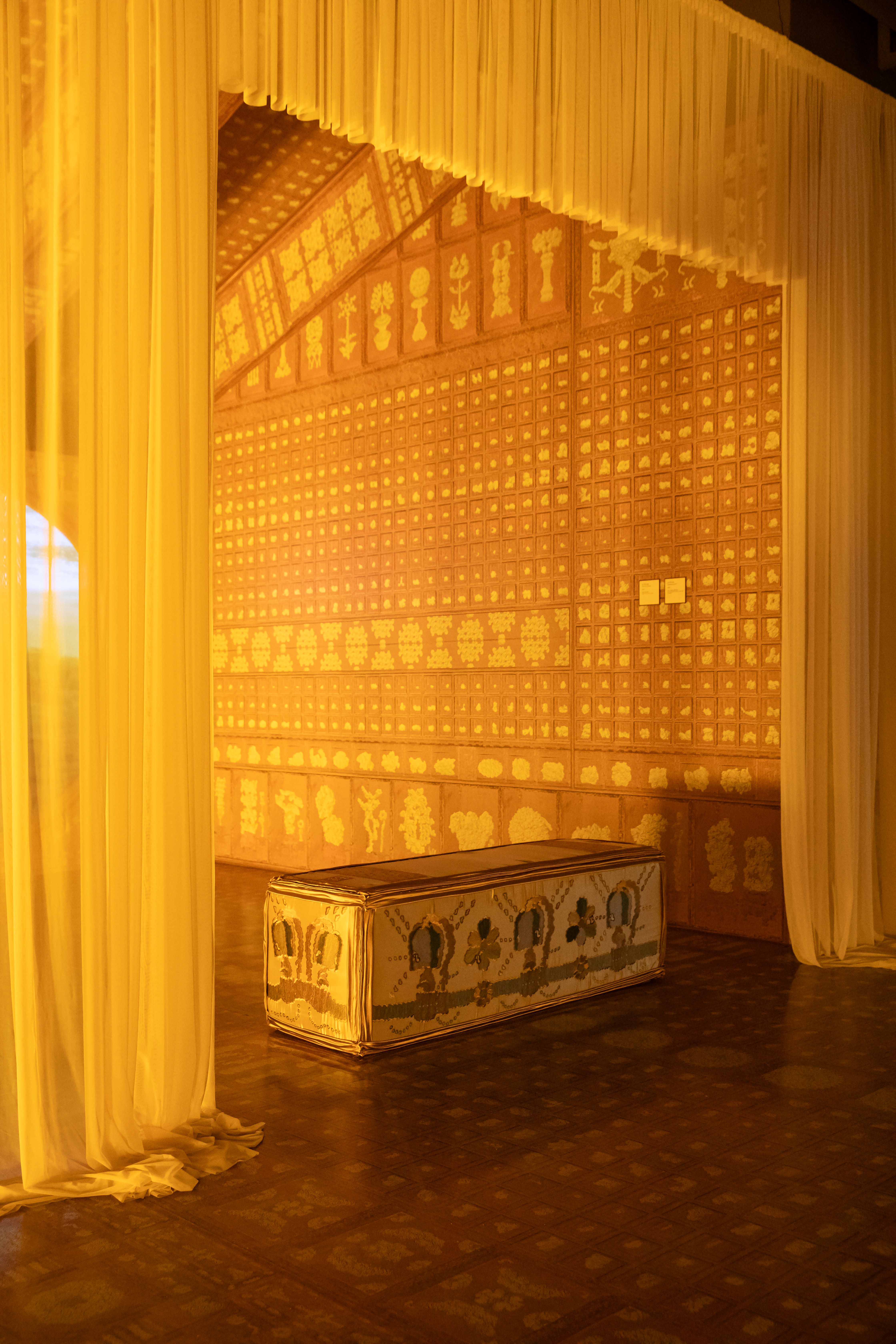
W*: What is the significance of the title of the show, ‘Visions of Bloom’?
DH: It’s a poetic brushstroke of the blossoming visuals of blossoming processes in the universe that you see and feel in this show. The equivalent Chinese title is different, but it conveys a similar sense of the visual experience.
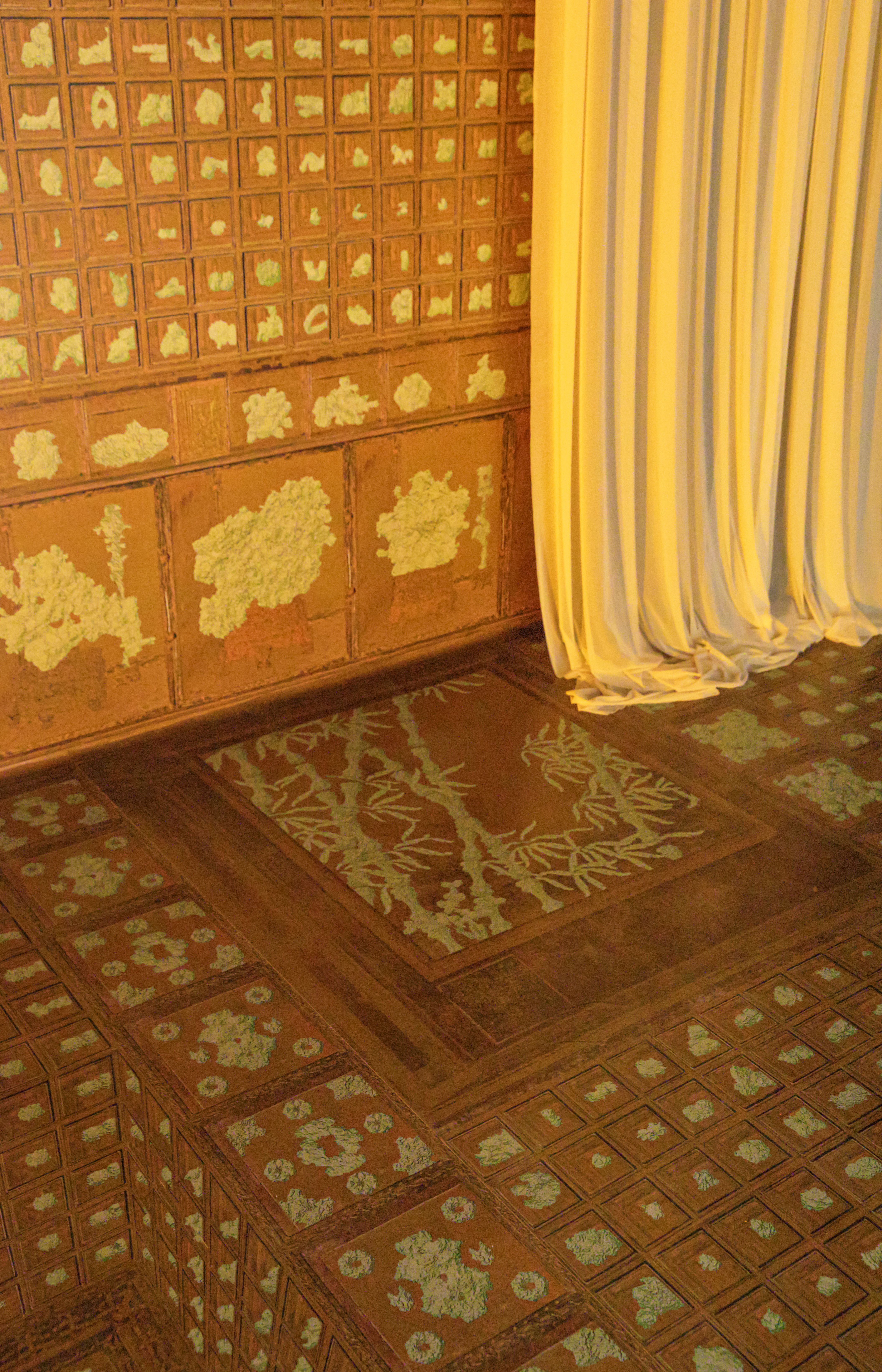
W*: What inspired this installation?
DH: I really wanted to explore the feeling, or the state of mind, one has of seeing the world from a higher dimension. We humans have always tried to know more about our existence and about the universe through our scientific curiosity. I wanted to connect this curiosity with the attempt by some artists to achieve enlightenment in art, such as Zen paintings. It’s the connection between the process of nature and the universe, with the process of human art making. Nature and artifice, if you like.
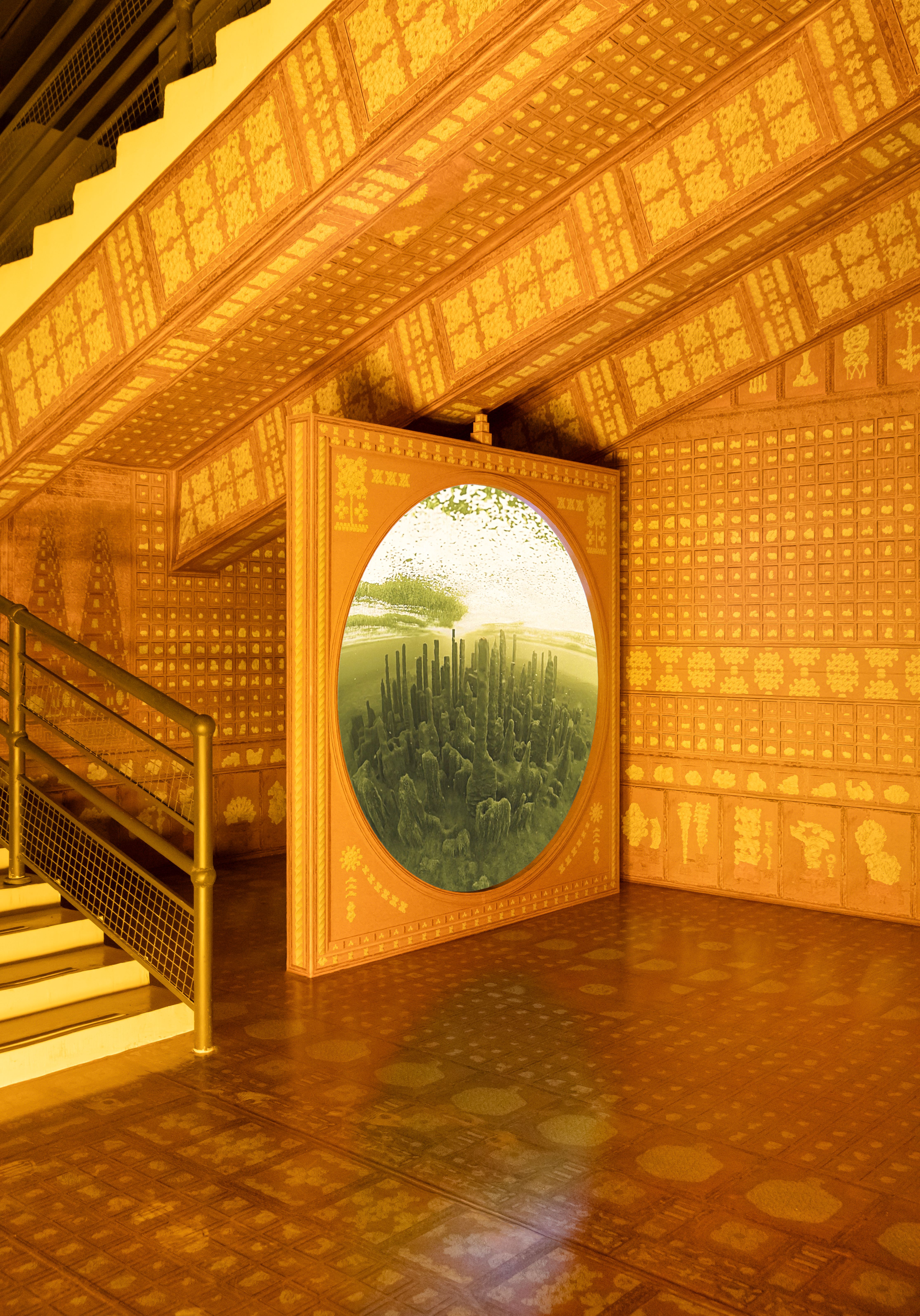
W*: Tell us a little about how the video was created. The swirling patterns are so hypnotic.
DH: I animated and rendered the video myself. I've done similar formats in the past, some of which are on my website. The inspiration comes from past fashion campaign videos, music videos, and video art. For the music, I collaborated with two music artists, both of whom are inspired by Erik Satie (the influential 19th-century French composer and artist, known for his original, unconventional style).
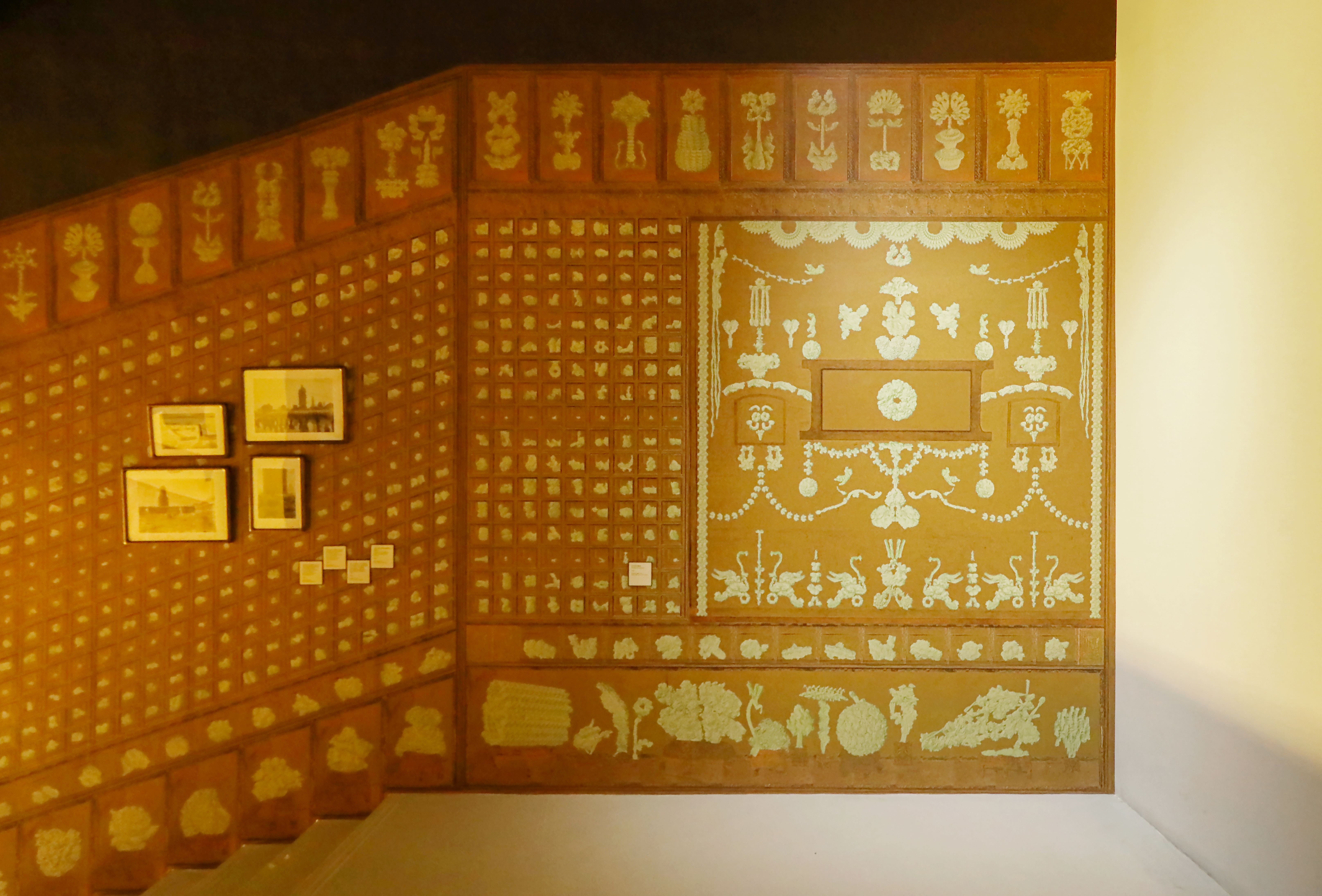
W*: The show includes chairs embroidered with existential koans on mental health.
DH: This show is about something that has inspired my whole practice on an existential level: time, and how things change. Both the video and the embroidered chairs explore the processes and changes of the universe through different forms of visual media. For me, the furniture update a traditional ornament with contemporary mental health content. The media I use in this show also investigate how fashion brands use different formats to build their brand image, and how they also often using cultural and historic references.
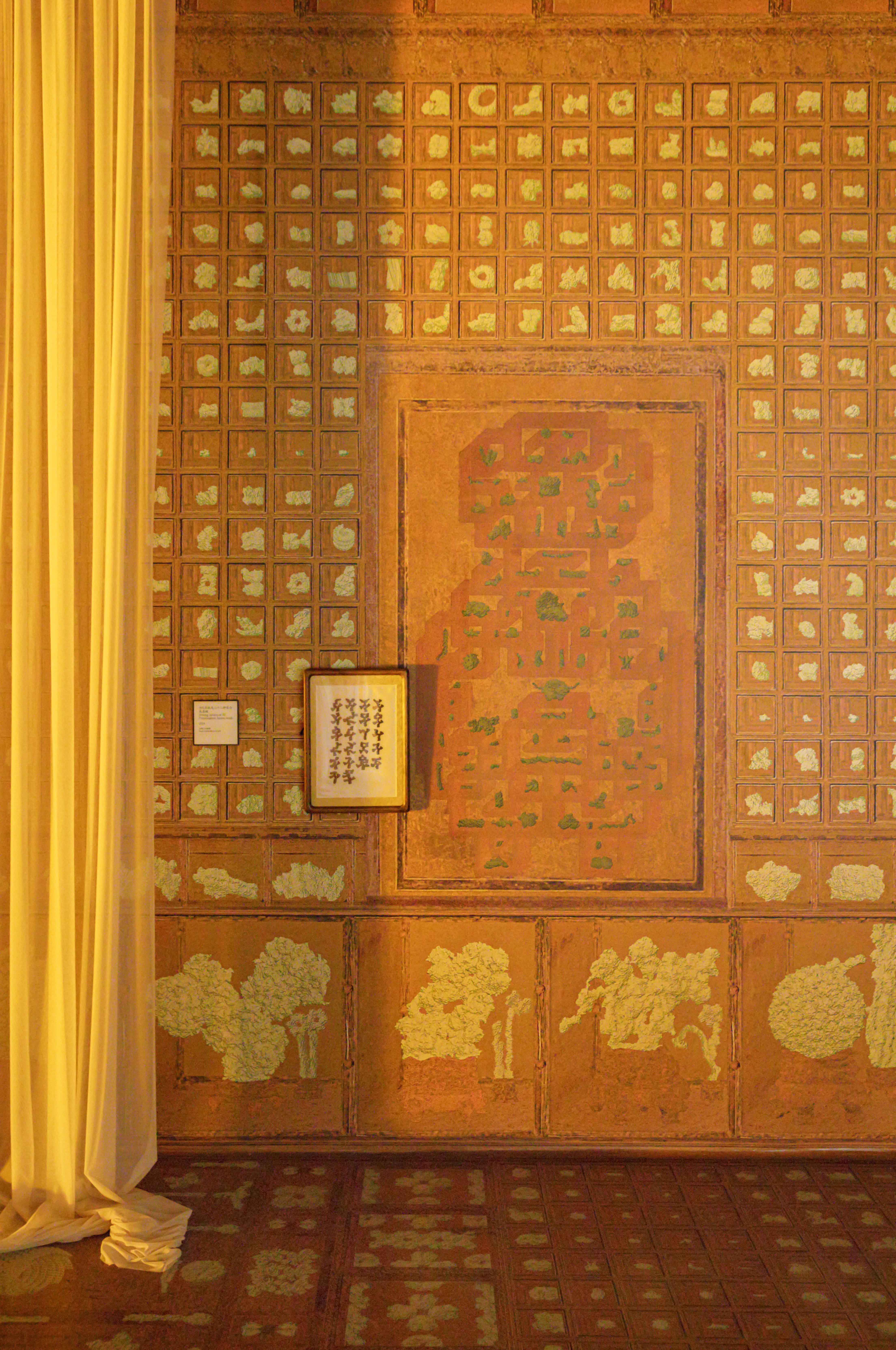
W*: How has your architectural training influenced, if at all, your approach to your oeuvre?
DH: It’s helped develop my passion for the beauty and emotional experience of visiting places beyond just the architecture. But in a broad sense, I was influenced by the eclectic, OMA-inspired conceptual pedagogy at Cornell, and by the craft-and-phenomenology-focused approach at Herzog & de Meuron. I have also been inspired by the architecture and art I visited while studying in Rome. For example, the interior design of its historic churches is, in a way, a very developed and distilled way to influence human emotions.
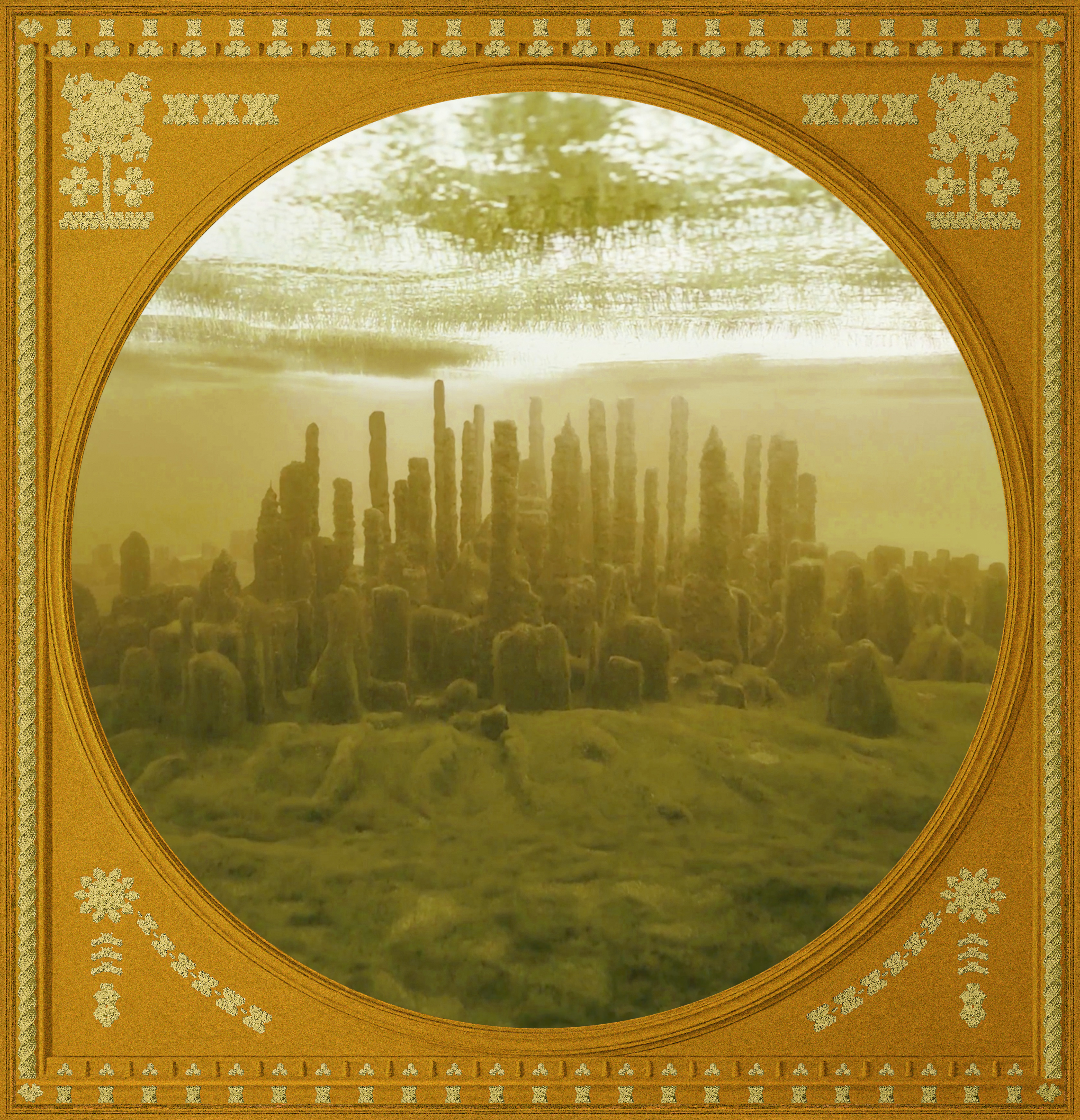
W*: How does ‘Visions in Bloom’ stand apart from your neuroaesthetics-based work to date?
DH: This show is a rare instance where architecture, design, art, and video art all seamlessly come together. My curator Claire Shiying Li connected me with Cheruby because of its commitment to supporting artists who fuse art and fashion.
W*: What’s next?
DH: I’m in India until early December 2024 at the Shakti Design Residency – which connects emerging designers with artisanal Indian practices – where I am being mentored by the renowned Indian fashion designer, Tarun Tahiliani. I’ll be collaborating with local artists using traditional techniques such as hand embroidery. I’m also developing a few works that might show at Milan Design Week and Design Miami LA next year.
'Duyi Han: Visions of Bloom' opened during Shanghai Art Week, at Suhe Haus, 30 Wen An Road, Jing An, Shanghai, and runs from 8 November 2024 to 25 January 2025. www.duyihan.com







